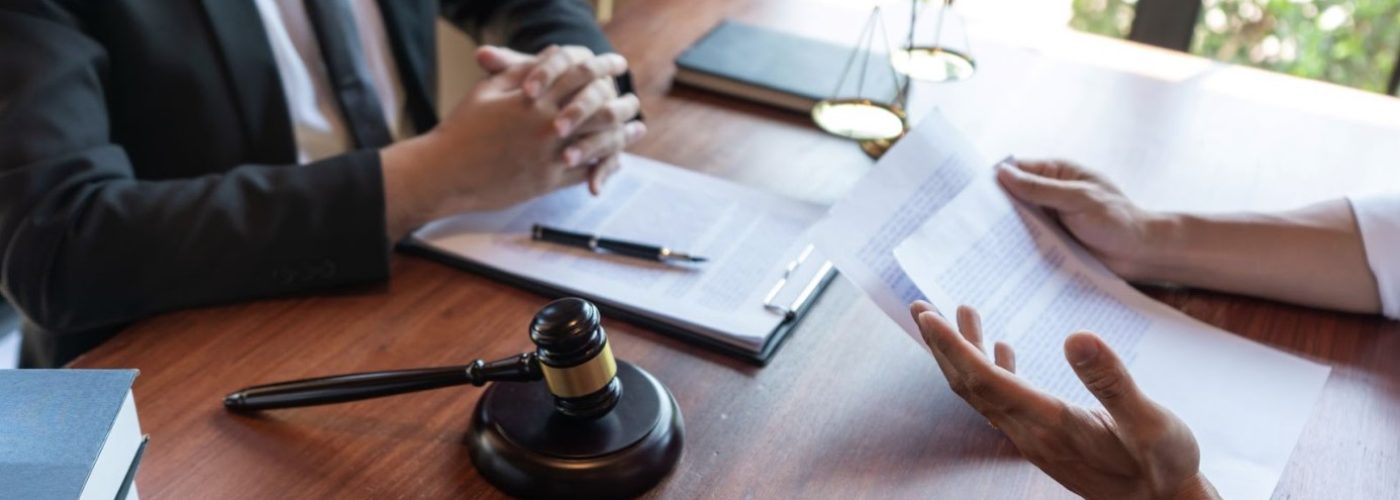A professional conduct complaint can result from failure to reach the minimum standards in any practice. Its primary aim is finding fault among the people involved and amicably resolving the matter. Knowing how to respond is crucial if you’re facing such an allegation. It can determine the future of your practice.
You can expect to attend professional disciplinary hearings before the governing authorities in your profession. Gather evidence to refute the allegations. Consulting a legal practitioner for guidance can be your best course of action.
If you don’t know what to do, this article outlines how to respond to a professional conduct complaint.
Plan Your Response
Usually, professional complaint letters have a deadline to guide the respondent’s actions. Carefully note the expected date of response. It’ll enable you to work backward as you prepare for the disciplinary hearing or the subsequent action from your management.
In addition, it helps you decide whether you need legal representation. Responding without the benefit of counsel might not be ideal due to emotional attachment to your profession. You might miss crucial information that can adversely affect your case. Examine your options, then seek expert guidance on the best approach to the complaint.
Read The Conduct Complaint Letter
It’s crucial to know what you’re facing in such situations. Read through the letter served to you by the complainant. It helps to separate facts and hearsay. Responding without clear information is not wise.
Consider The Effects Of The Case
A professional conduct complaint can harm your reputation and your practice. Clients may start questioning your integrity if they get wind of the complaint. You’ll probably lose a few of them due to pending disciplinary matters. These are some repercussions of a professional conduct complaint being lodged against you.
Get Guidance From The Code Of Conduct
All professions have a rule book that guides the actions of their members in discharging their duties. Lawyers, doctors, nurses, teachers, and police have a responsibility to adhere to the provisions in their code of ethics and professional conduct. It contains principles and guidelines that are easy to understand and implement.
Familiarize yourself with the pertinent guidelines before you start responding to the complaint. Don’t overlook this step since the code of conduct is subject to review. What you knew then might have changed.
Inform Your Insurer
Professional practice requires insurance coverage against potential lawsuits. You must inform the insurance carrier to avoid surprises should the case proceed to trial. The outcome might not favor you, and you may be ordered by the court to pay damages or penalties for professional misconduct or breach of duty.
Plan Your Finances
A professional conduct complaint may involve issues such as gross overcharging or misappropriation of money. If this is the case, it’s crucial to have some funds available if you’d rather settle the matter amicably with the complainant. If disciplinary hearings proceed, there will be costs related to these proceedings and penalties to be paid if you’re found liable.
Cooperate With Investigations
Depending on your profession, a thorough investigation will likely be conducted. Preparing for such eventualities should be part of your response plan. Consolidate all the evidence needed to clear your name from the allegations of misconduct.
Remember, the complainants also gather their own set of evidence to support their allegations. Nonetheless, be ready to cooperate with the investigations in relation to the disciplinary hearings.
Be Professional
When writing a response letter, consider the people you’re addressing. It’s best to use a respectful tone and language. Don’t let your emotions get the better of you. Ensure you maintain professionalism throughout the letter.
This is where a legal professional can help. They have extensive experience crafting response letters based on facts, clarifying the issues while maintaining an appropriate tone.
Hire A Lawyer
Since an unfavorable outcome of a professional misconduct case can have significant repercussions, you might want legal representation. Skilled lawyers can navigate the complexities of professional liability and help absolve you if you’ve been wrongfully accused.
A lawyer can challenge the evidence presented to the panel appointed by the professional organization. Moreover, any correspondence meant for you should go through your legal representative. They can help you address all matters related to the complaint appropriately.
Conclusion
Responding to a misconduct issue is not a simple matter. You must consider the nature of the complaint and how it will impact your personal and professional life.
It’s crucial to be prepared because the outcome of the disciplinary hearings may lead to the suspension of your license and payment of substantial fines. Remember to observe utmost professionalism, cooperate with ongoing investigations, and be guided by your profession’s code of conduct to handle this challenging situation successfully.






